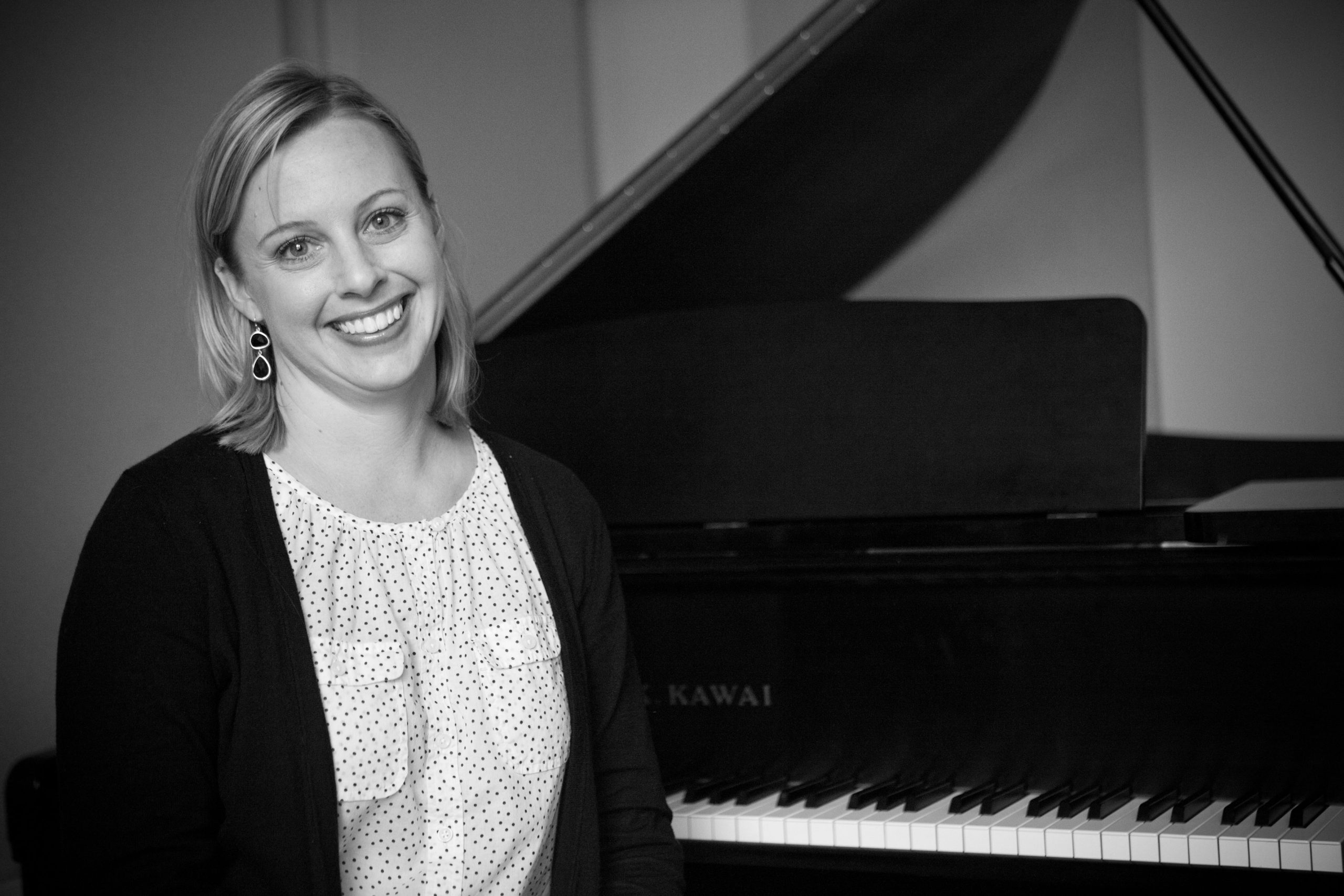
Choir rehearsal is not just plunking notes. Music theory can help both the conductor and students in the classroom. There are activities to show you how to approach a brand-new score analytically and teach it to both yourself and your students clearly and effectively.
Professor, Music Theory/Composition
I have devoted my academic life to music theory, which many students remember as being boring, useless worksheets in music class. Music theory, however, is so much more than just dry theory. Music theory can transform how we perform and compose music.
My own research has focused on Schenkerian analysis. This approach digs beyond the surface of a musical line to uncover how it connects to other notes in the piece. The idea is that music is understood as larger patterns and groups rather than notes that move from one to the next. Teaching students the big picture helps them to understand why they’re playing in a particular way and how it helps the overall piece.
In addition to teaching classes in music theory, I also supervise aural skills at the University of Georgia. That may sound like a challenge for online students, but one I’m committed to helping us overcome. Learning online doesn’t mean giving up the essential listening skills for a music student.
Learn more about Emily Gertsch
